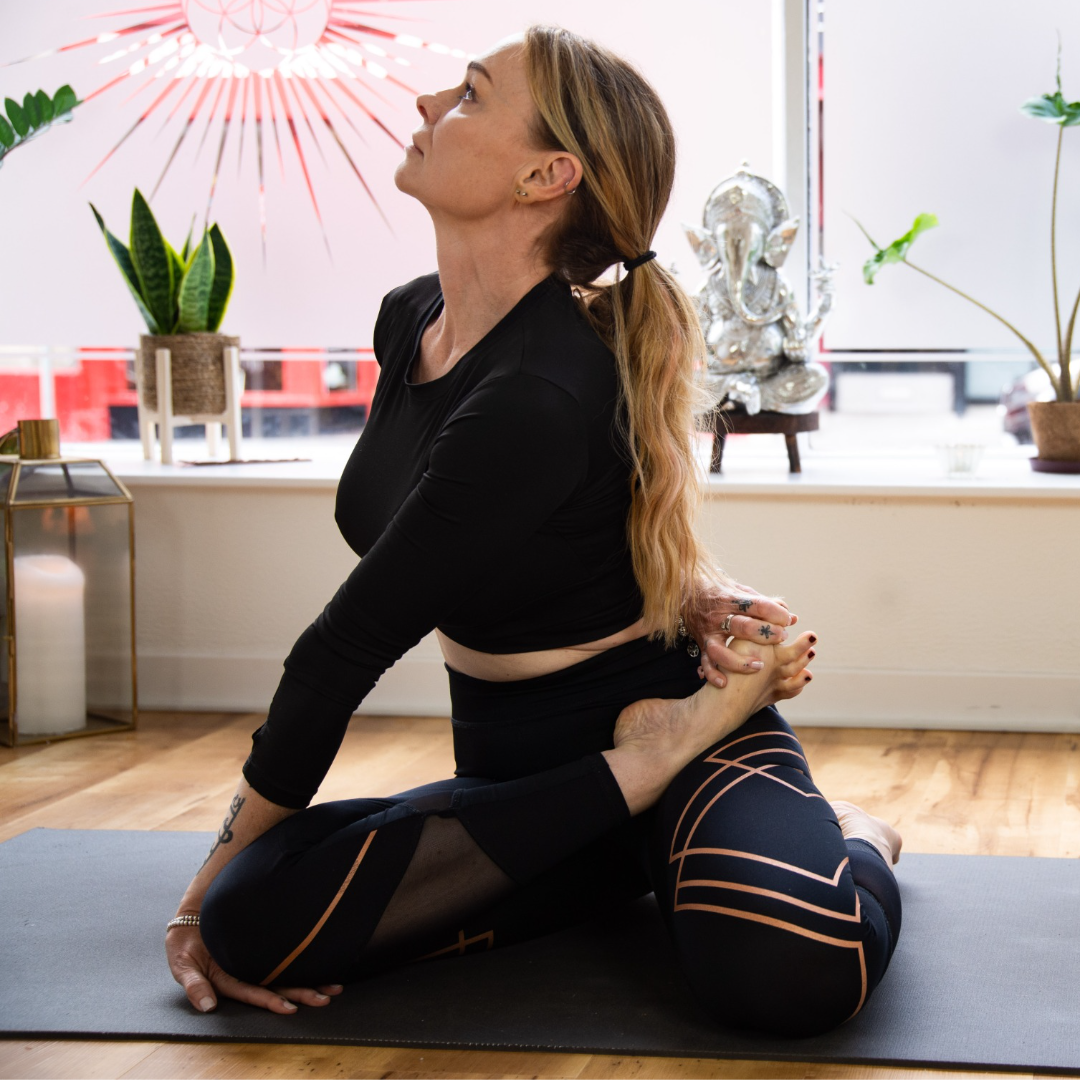Time. I’m fascinated by our perception of time. Our experience of it varies wildly, with nothing to ‘occupy us’ it can seem to crawl by, when we have a lot to do it flies by, sometimes it feels very full and satisfying but often (at least for me!) it can feel like it’s flying but concurrently empty as I ‘fail to be productive’ or ‘fail to achieve’ enough in the escaping hours of the day.
As with so much of our modern experience, the yogins and yoginis of ancient and classical times, already had a handle on this way in advance of anyone else and it’s just now we’re catching up with our science. We’ve come to understand that time is an entirely mental construct and at a quantum level, the very underpinning of reality, time does not exist… reality is just now.
To experience time you need a significant capacity for imagination and creative thinking, in order to envision a future and, an ability to revisit in a complex way events that’ve already happened. It’s likely we’re the only species on the planet that experiences time. Not only that but our own perception of time has shifted so significantly in recent centuries that not just how we mark time, but how we experience it, would also be completely alien to our pre-industrial revolution ancestors.
How did this change in our perception of time happen? As populations exploded and more and more folk moved into cities to work in manufacturing, the need to structure time and our days, to mark time more efficiently, to commoditize our own hours of existence became increasingly ‘necessary’, to drive the engines of mechanization and industrialization. Whilst this has come with unparalleled benefits, it has also come at a great cost, not just to our well-being, but the well-being of the planet. At the end of the day, if we can commoditize our own sacred presence and aliveness for profit, what’s off the cards? Well nothing, we know that now as we try to start to unpick the great harm we’ve done to the planet…but what about the great harm we’ve done to ourselves, that really needs attention too.
I firmly believe we’re all suffering family wounds and small T trauma, from this shocking change to our perception of time over recent centuries and as a result, we’re all extremely focussed on that productivity, on that achievement, on ‘using our time well’…but what if we just let go of that (or at least practiced letting go of that!)…how much longer would our precious finite days feel, if we weren’t permanently running from one thing to the next, physically or mentally? Without schedules, deadlines and to-do lists, perception shifts, we can see this even in a small way when we’re on holiday and truly allow ourselves to step back – we can feel the difference in our bodies.
In our busy world and busy lives, most of us don’t have the opportunity to simply let go of schedules, deadlines and to-do lists or be on that kind of holiday that frequently. . .and in Tantrik Philosophy our spiritual path is that of the householder, the person living fully in that busy life, with job, responsibilities and families. Our way into accessing that off-schedule, time shifting tilt towards a bit of peace (positive anti-achievement I like to think of it as!) is our yoga practice. Spending time on the mat, setting down all the busy and the self- judgement and just feeling into our bodies and becoming fully present, can have a radical influence on the rest of the day. The more we show up for ourselves in this way, the more fullness we’ll experience in each moment, the greater that shift back towards a more natural perception of time, on and off the mat will be.
